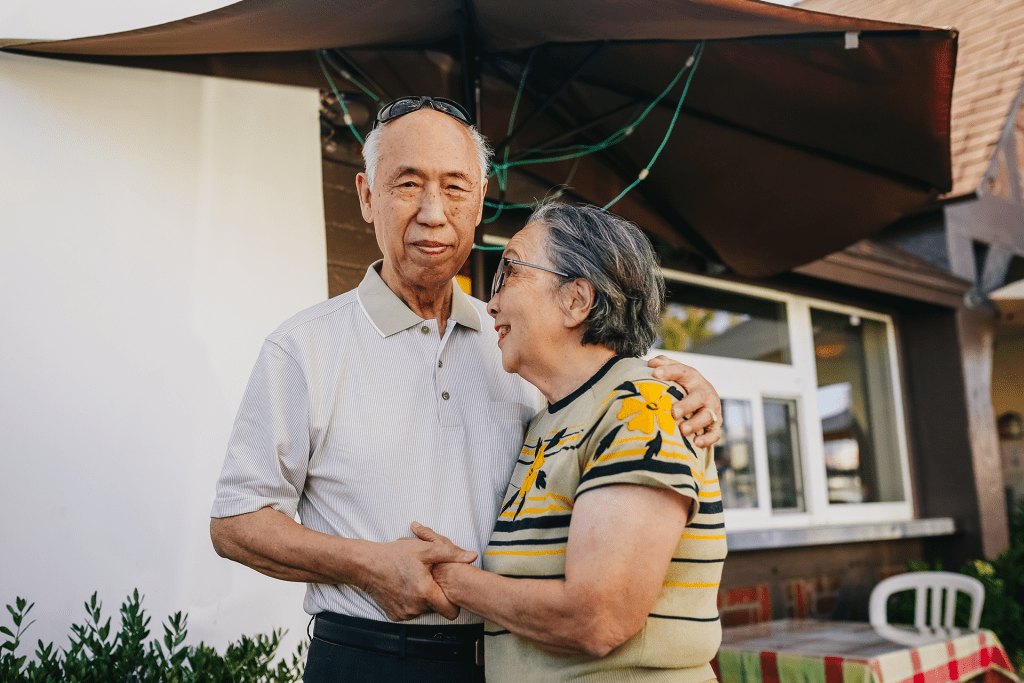What Are Reverse Mortgages?
Reverse mortgages are a loan product that allows homeowners 62 and older. It’s made to use the equity in their homes to make payments for living expenses, medical bills, or other needs. Reverse mortgage loans provide borrowers with either a lump sum or monthly payments. It comes from the lender in exchange for an agreed-upon percentage of the borrower’s home value. The terms of these loans typically require no monthly payments from the borrower. Instead, they are repaid when the home is sold or upon the death of the homeowner.
Unlike traditional mortgages, reverse mortgages do not require income qualifications; however, there can be additional requirements such as credit history and financial stability. Additionally, some lenders may require homeowners to attend counseling sessions before applying for a reverse mortgage.
Understanding Reverse Mortgages
Reverse mortgages allow homeowners access to their home equity without having to sell the house or take out a traditional loan. The amount borrowed is based on the value of the home. This can also be identified based on the age of the homeowner or youngest spouse (if married). A reverse mortgage requires no monthly payments. Instead, it is paid off when the homeowner dies, sells their home, or moves out permanently.
The Main Benefit Of Reverse Mortgages
The main benefit of a reverse mortgage is that it allows retired seniors to access their home equity without having to incur an additional monthly payment. For many retirees, this can provide a valuable source of income that can be used for medical bills, home repairs, travel expenses, and other needs. Additionally, reverse mortgages can provide homeowners with the financial security of knowing they have liquid assets in reserve in case of emergency.
While reverse mortgages may offer substantial benefits, it is important to understand all aspects of the loan before signing any agreement. There are fees and costs associated with taking out a reverse mortgage that must be considered when evaluating whether the product is right for you. Homeowners should also consider whether their heirs will be able to pay off the balance. This is after the homeowner passes away or moves out of the home.
Finally, it is important to note that reverse mortgages are only available to seniors 62 and older who own their homes outright or have a very low mortgage balance. Before taking out a reverse mortgage, homeowners should consider all of the associated risks and potential benefits carefully in order to make an informed decision.
The Bottom Line
Reverse mortgages can be a great solution for seniors who are looking for financial security and access to their equity without taking on additional debt. However, it is important to understand the fees, costs, and risks associated. Especially with this type of loan before signing any agreement. Seniors should also consider whether or not their heirs will be able to pay off the balance after the homeowner passes away or moves out of the home. Ultimately, reverse mortgages can be an effective way for older homeowners. This is to assess their home’s value without selling it or taking out a traditional loan.
Are You Ready To Consider A Reverse Mortgage? Contact Us Today!
If you’re ready to explore reverse mortgages as an option, Red Letters Lending is here to help. We have over 13 years of experience in the industry and are ready to answer any questions you may have. From determining your eligibility to understanding all of the associated costs and risks, we got you. We will guide you every step of the way. Contact us today for a free consultation!





